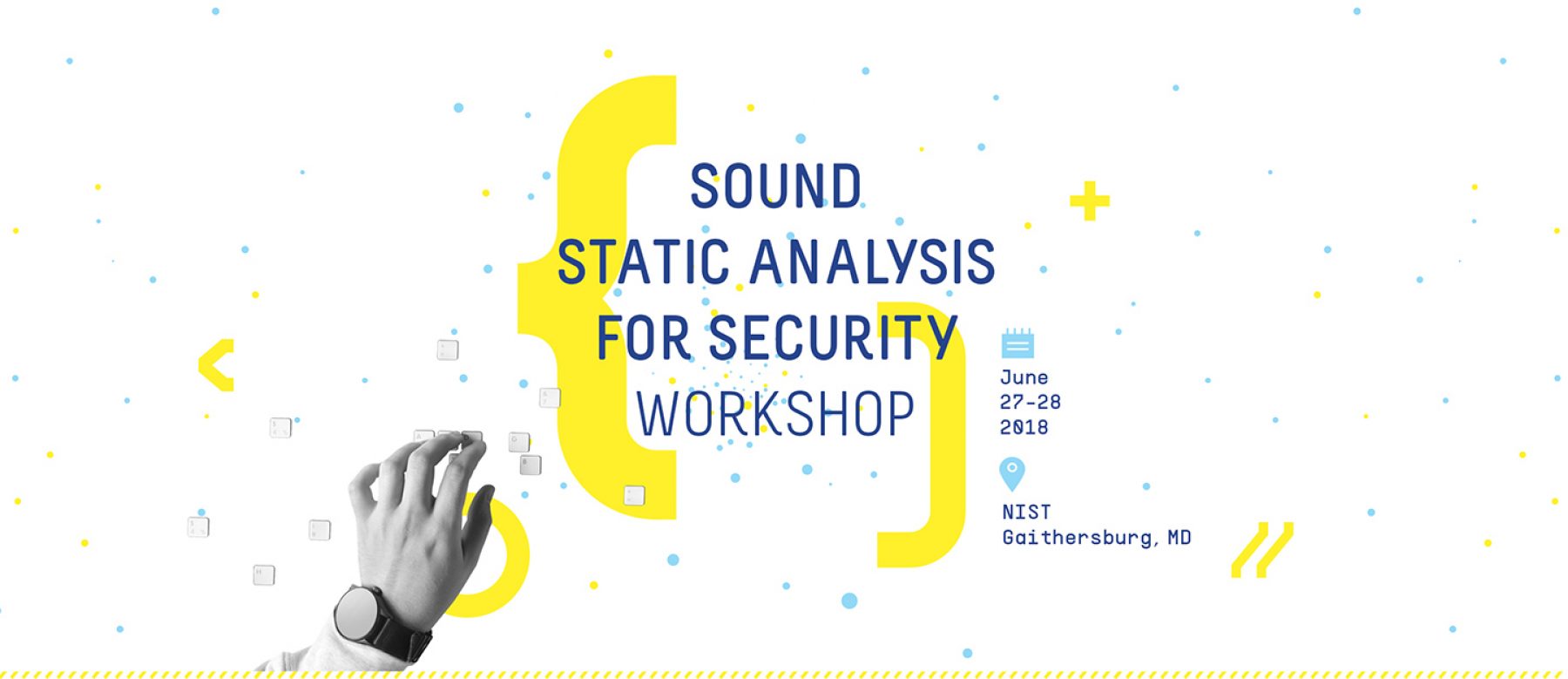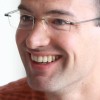Two Days Dedicated to Sound Static Analysis for Security
by Yannick Moy –

AdaCore has been working with CEA, Inria and NIST to organize a two-days event dedicated to sound static analysis techniques and tools, and how they are used to increase the security of software-based systems. The program gathers top-notch experts in the field, from industry, government agencies and research institutes, around the three themes of analysis of legacy code, use in new developments and accountable software quality.
The theme "analysis of legacy code" is meant to all those who have to maintain an aging codebase while facing new security threats from the environment. This theme will be introduced by David A. Wheeler whose contributions to security and open source are well known. From the many articles I like from him, I recommend his in-depth analysis of Heartbleed and the State-of-the-Art Resources (SOAR) for Software Vulnerability Detection, Test, and Evaluation, a government official report detailing the tools and techniques for building secure software. David is leading the CII Best Practiced Badge Program to increase security of open source software. The presentations in this theme will touch on analysis of binaries, analysis of C code, analysis of Linux kernel code and analysis of nuclear control systems.
The theme "use in new developments" is meant to all those who start new projects with security requirements. This theme will be introduced by K. Rustan M. Leino, an emblematic researcher in program verification, who has inspired many of the profound changes in the field from his work on ESC/Modula-3 with Greg Nelson, to his work on a comprehensive formal verification environment around the Dafny language, with many others in between: ESC/Java, Spec#, Boogie, Chalice, etc. The presentations in this theme will touch on securing mobile platforms and our critical infrastructure, as well as describing techniques for verifying floating-point programs and more complex requirements.
The theme "accountable software quality" is meant to all those who need to justify the security of their software, either because they have a regulatory oversight or because of commercial/corporate obligations. This theme will be introduced by David Cok, former VP of Technology and Research at GrammaTech, who is well-known for his work on formal verification tools for Java: ESC/Java, ESC/Java2, now OpenJML. The presentations in this theme will touch on what soundness means for static analysis and the demonstrable benefits it brings, the processes around the use of sound static analysis (including the integration between test and proof results), and the various levels of assurance that can be reached.
The event will take place at the National Institute of Standards and Technologies (NIST) at the invitation of researcher Paul Black. Paul co-authored a noticed report last year on Dramatically Reducing Software Vulnerabilities which highlighted sound static analysis as a promising venue. He will introduce the two days of conference with his perspective on the issue.
The workshop will end with tutorials on Frama-C & SPARK given by the technology developers (CEA and AdaCore), so that attendees can have first-hand experience with using the tools. There will be also vendor displays to discuss with techno providers. All in all, a very unique event to attend, especially when you know that, thanks to our sponsors, participation is free! But registration is compulsory. To see the full program and register for the event, see the webpage of the event.
